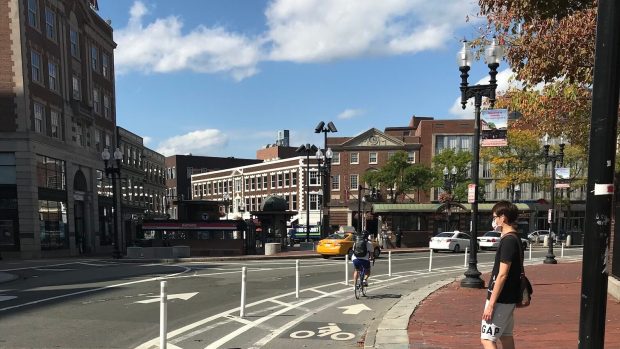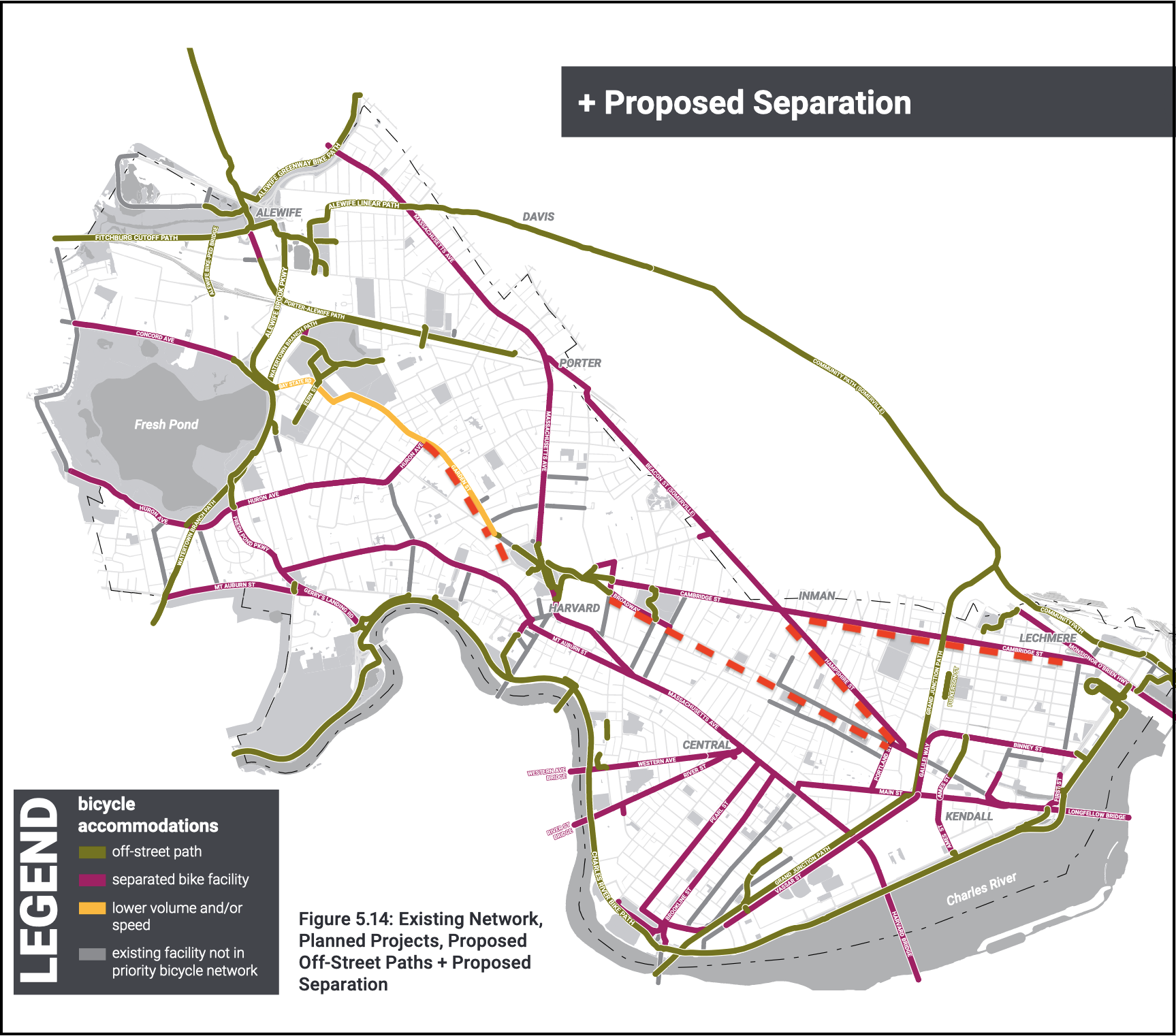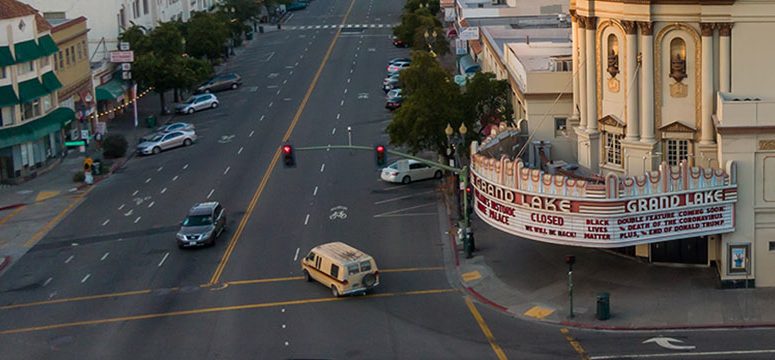
On Monday evening, seven of nine Cambridge city councilors voted to enact a suite of proposed amendments to the city’s year-old Cycling Safety Ordinance and set a 2026 deadline for a large suite of protected bike lane projects across the city.
The 7-1 vote (Councilor Toomey voted against the ordinance, and Councilor Simmons merely voted “present”) capped a seven-month process in the city council. The ordinance’s passage came after a relatively brief council discussion, and was widely expected after the council’s Ordinance Committee (which includes all city councilors) voted 7-1 to recommend the proposed ordinance with some minor amendments in July.
Introducing the item on Monday evening, Councillor Jivan Sobrinho-Wheeler, the lead sponsor, noted how a truck driver killed Cambridge resident Darryl Willis in an unprotected bike lane in Harvard Square in August.
“There are so many cases like this that could be avoided with a safer cycling network… this would help us advance a true sustainable transportation network that so many of us on the council want to see, to bring down carbon emissions, and make a more equitable network,” said Sobrinho-Wheeler.
Cambridge’s original Cycling Safety Ordinance, which was enacted in April 2019, requires that any major reconstruction project involving a street in the city’s planned bike route network must include the infrastructure called for in the city’s 2015 Bicycle Plan.

The newly amended ordinance aims to accelerate the construction of the city’s protected bike lane network by encouraging the use of “quick-build” projects, and adds a May 1, 2026 deadline for most projects.
The amendments would also add two new links above and beyond those that were included in the city’s 2015 bike network plan: Broadway, between the Harvard campus and Kendall Square, and Garden Street, between Cambridge Common and Huron Avenue. City transportation staff have also proposed adding those streets to the city’s official bike network plan.
Both these links, plus Hampshire and Cambridge Streets east of Inman Square, are highlighted in the amended ordnance as specific routes that must be improved by 2026. Otherwise, city staff would have some flexibility in choosing where to build other protected bike lanes, provided that at least 22.6 lane-miles are built by 2026.
The amendments also give special consideration for Massachusetts Avenue, with requirements that the city create a detailed plan for protected bike lanes north of Harvard Square by May 2021.






